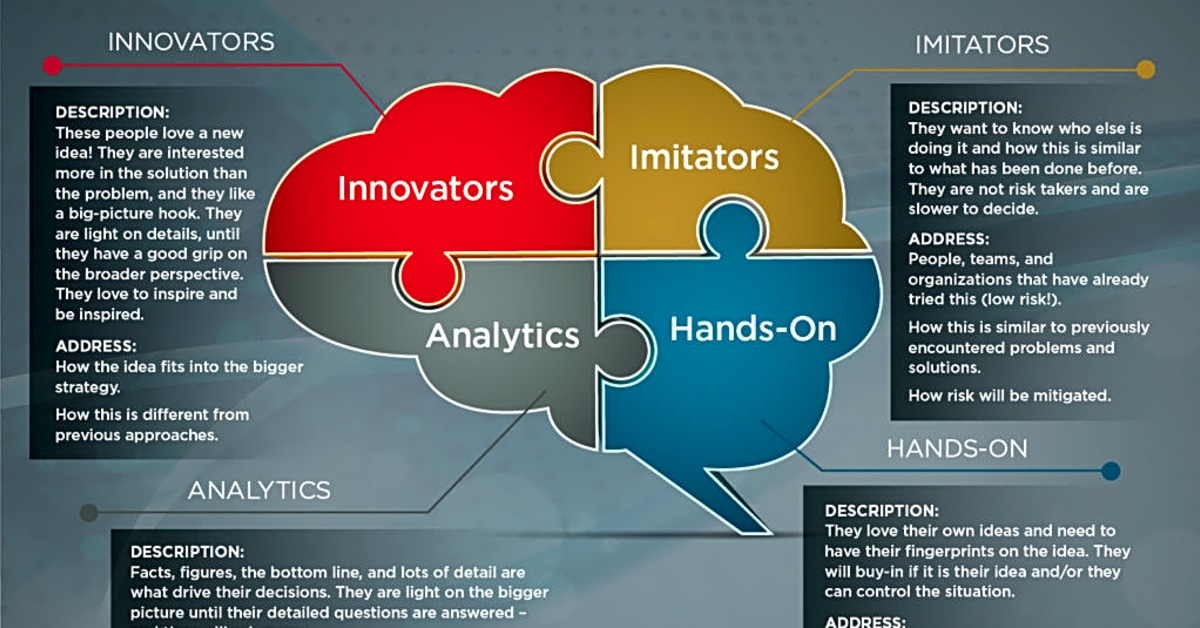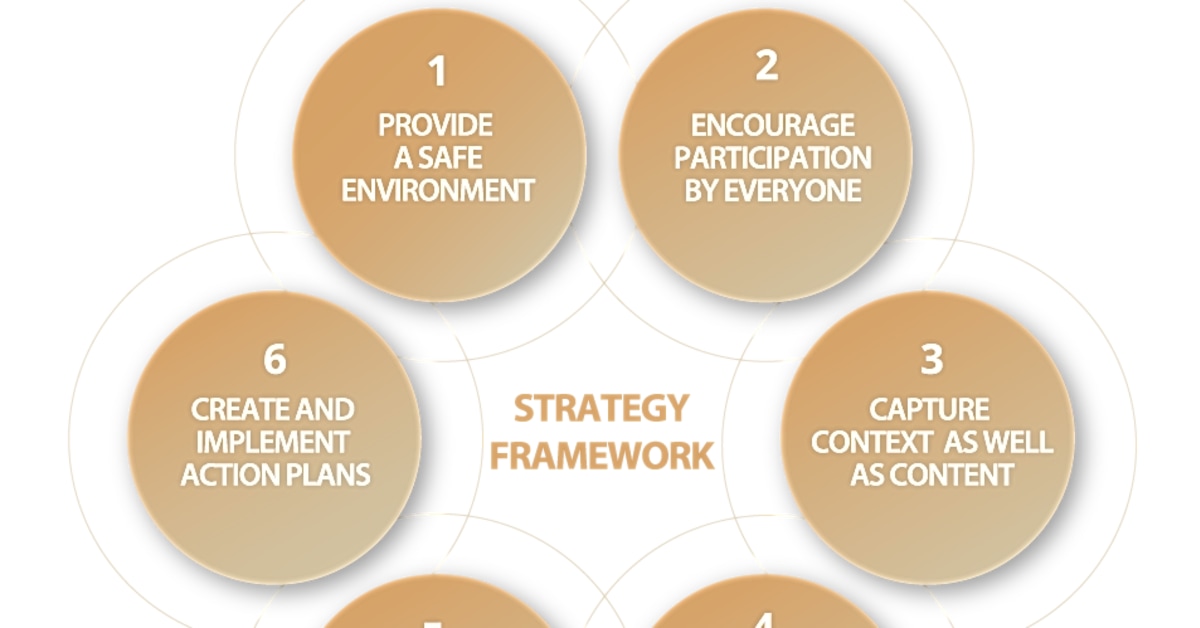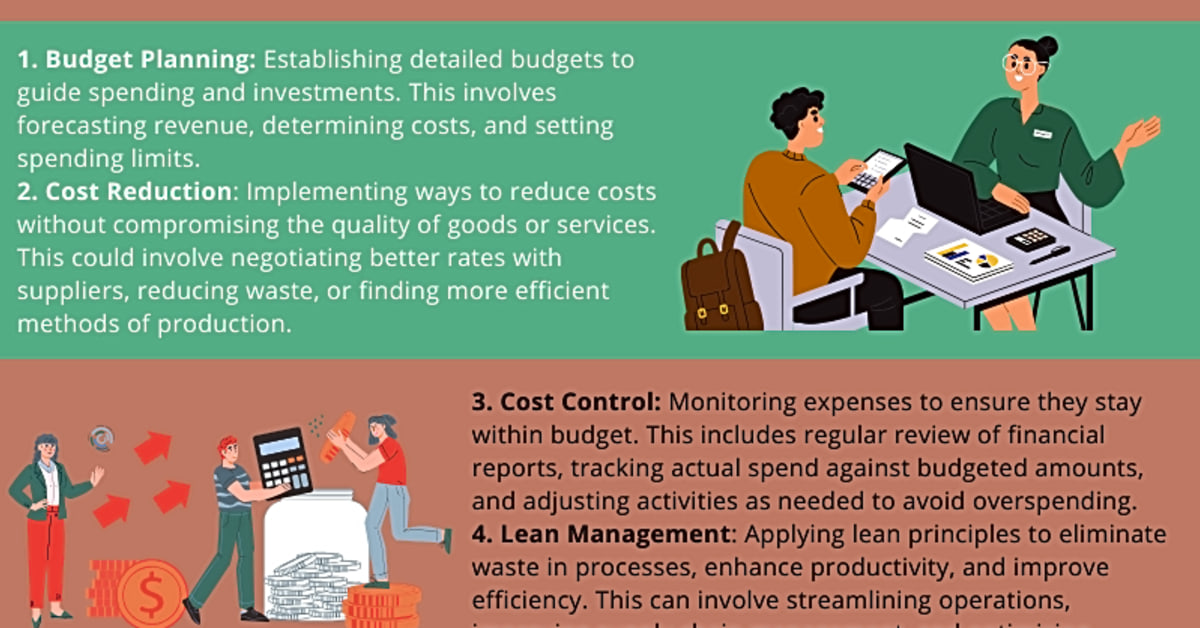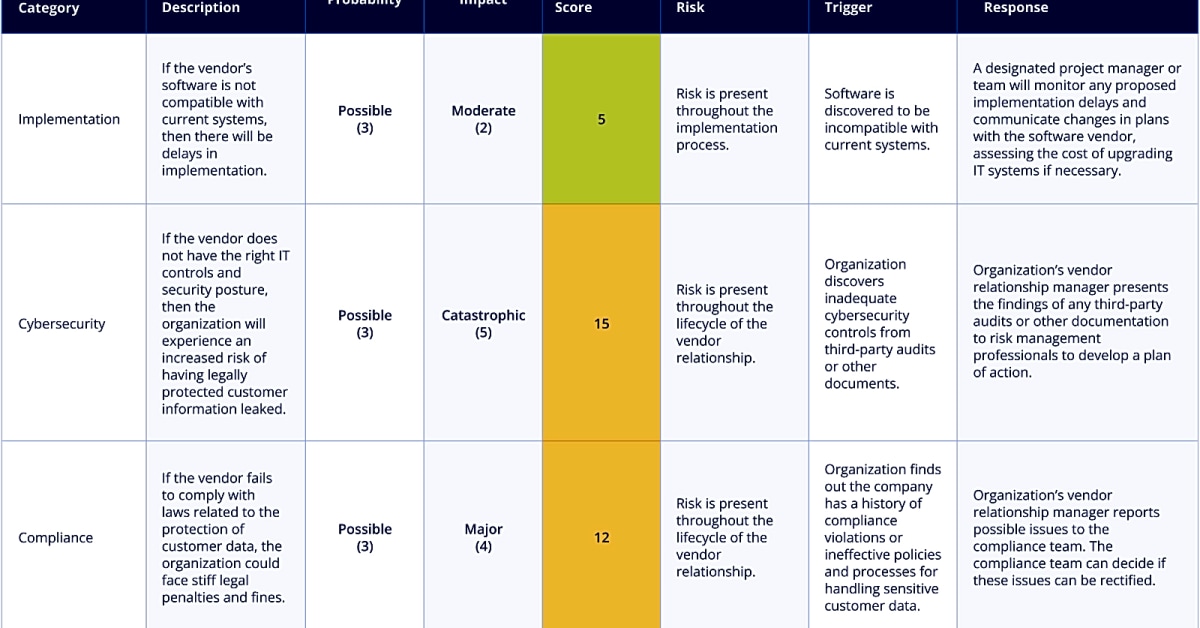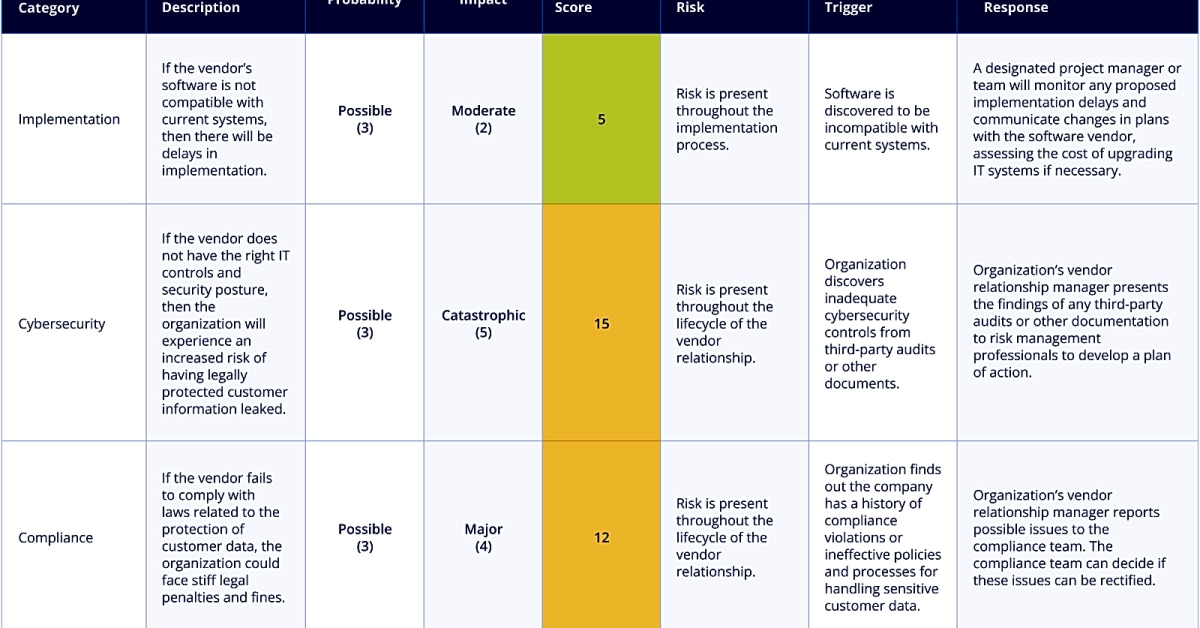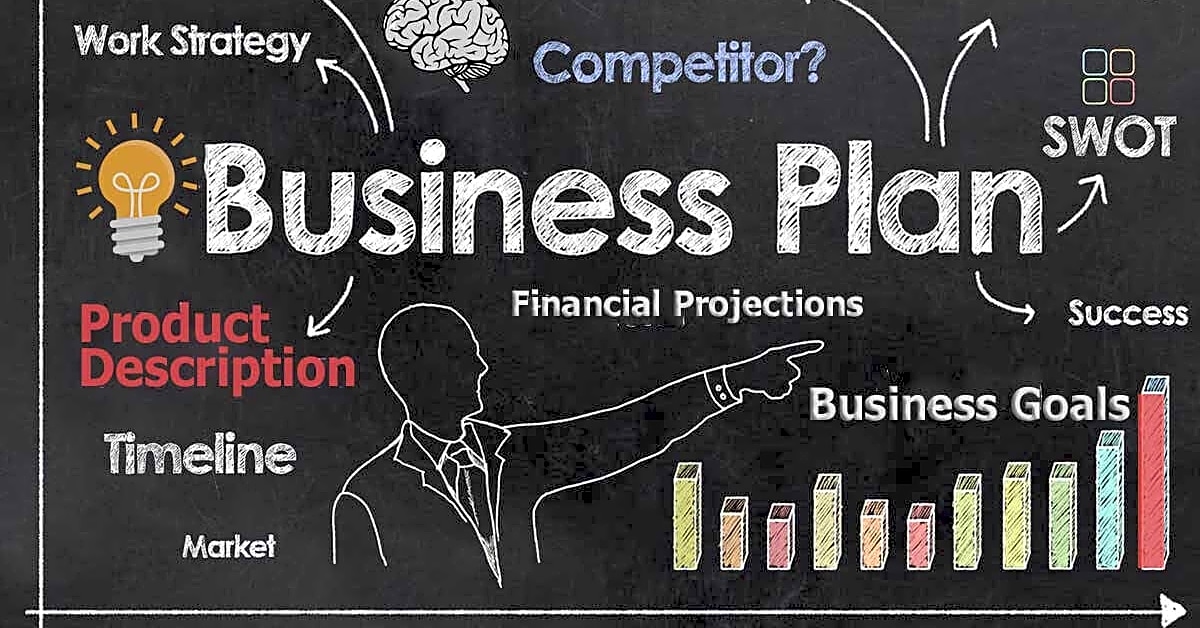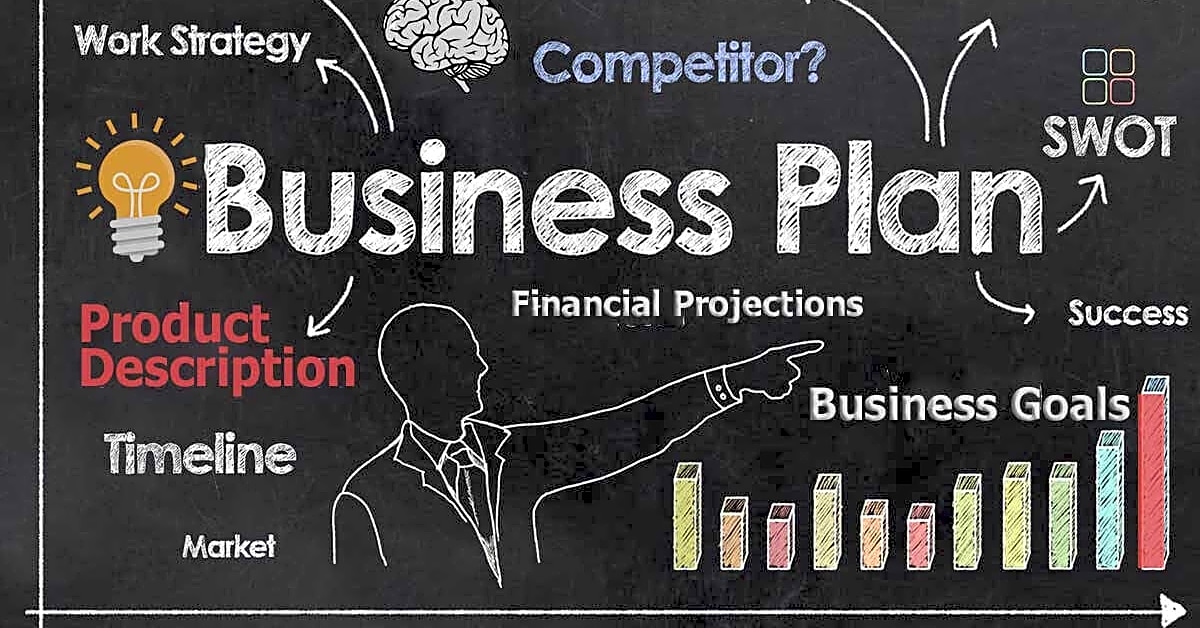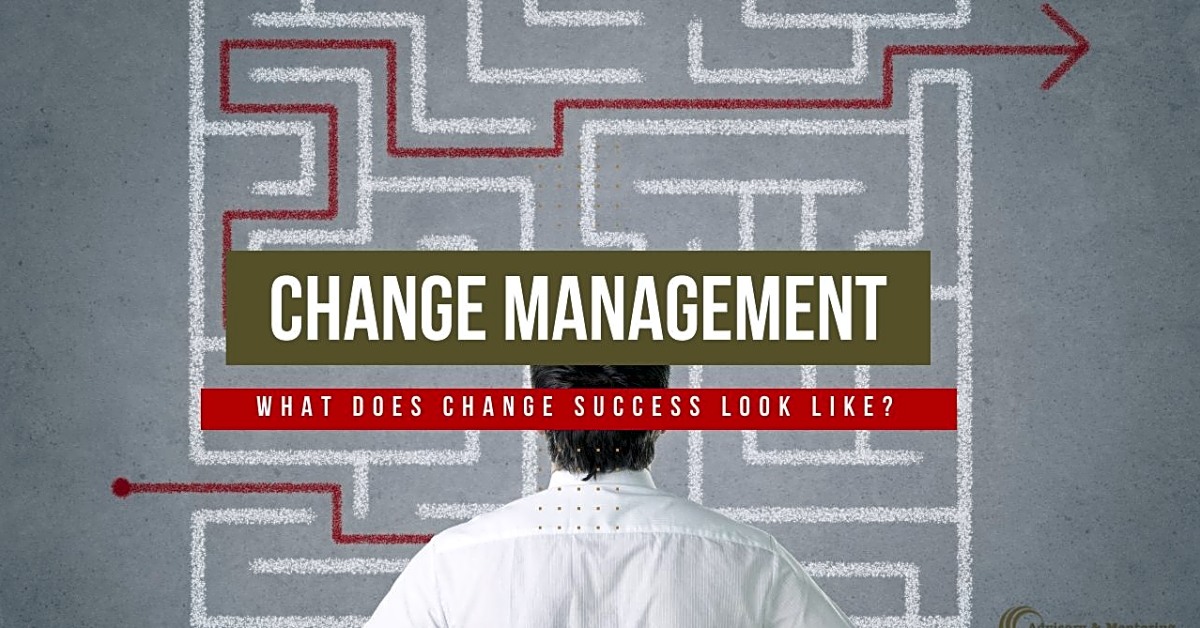Latest News
How to Make Sound Decisions for Your Business Strategy
Learn how to make sound decisions for your business strategy and improve your organization’s success.
Read MoreHow to Set a Strategic Direction for Your Business
Learn about strategic planning, organizational strategy, and effective solutions for your business through this informative article on setting a strategic direction.
Read MoreStrategies for Cutting Costs and Improving Business Performance
Learn about strategic planning, organizational strategy, and more to enhance your business strategy.
Read MoreAssessing Impact and Likelihood: A Comprehensive Guide to Strategic and Risk Analysis
Learn about strategic planning, organizational strategy, and effective solutions in this guide to assessing impact and likelihood.
Read MoreDeveloping Risk Management Plans for Business Strategy
Learn the key steps to developing risk management plans and how it can improve your business strategy. Find resources on strategic planning, organizational strategy, and leadership.
Read MoreInvestment Strategies: Boost Your Business with Strategic Planning and Analysis
Learn about different types of investment strategies and how they can improve your business strategy and leadership skills.
Read MoreThe Power of Digital Marketing for Business Strategy
Learn about the key elements of digital marketing that can help improve your business strategy and achieve success.
Read MoreStrategic Alliances: How Collaboration and Partnerships Can Transform Your Business
Learn how to improve your business strategy and implement effective solutions through strategic alliances. Discover the benefits of strategic planning, organizational strategy, and leadership.
Read MoreAligning Teams with Vision: A Strategic Approach to Improving Business Strategy
Learn how to develop and implement effective strategic solutions for your organization by aligning teams with a clear vision and direction. Explore strategic planning, analysis, thinking, and leadership.
Read MoreUnderstanding Flat vs Hierarchical Structures for Strategic Consulting
Learn about the differences between flat and hierarchical structures and how they impact strategic consulting. Discover which structure is best for developing and implementing effective business strategies.
Read MoreHow to Improve Your Business Strategy: A Guide to Supplier Relationship Management
Learn about strategic planning, analysis, and leadership through effective supplier relationship management.
Read MoreUnderstanding Joint Ventures: A Guide to Improving Your Business Strategy
Discover the Benefits of Joint Ventures for Strategic Planning and Organizational Development
Read MoreAn Insight into Autocratic Leadership and its Role in Strategy Consulting
Exploring the Role of Autocratic Leadership in Business Strategy and Management Consulting
Read MoreHow to Effectively Manage Change in Your Business
Learn how to develop and implement effective strategic solutions for your business with these key strategies and tools.
Read MoreUnderstanding Six Sigma Methodology: A Strategic Solution for Process Improvement
Learn about strategic planning, organizational strategy, and effective strategic solutions with Six Sigma methodology. Discover resources for strategic analysis, thinking, and leadership.
Read MoreCommunicating Change to Stakeholders: A Guide to Effective Strategy Consulting
Learn about effective strategies for communicating change to stakeholders and improving your business strategy. Find guidance from management consultants on strategic planning, organizational strategy, and leadership.
Read MoreBrainstorming Techniques for Strategic Thinking and Creative Solutions
Learn about strategic planning, organizational strategy, and more with these effective brainstorming techniques.
Read MoreHow to Master Scenario Planning for Effective Business Strategy
Learn About Scenario Planning, Organizational Strategy, and Strategic Solutions
Read MoreHow to Master Content Marketing for Effective Business Strategy
Learn how to use content marketing to improve your business strategy and drive success. Discover the key elements of strategic planning, organizational strategy, and leadership to take your business to the next level.
Read MoreUnderstanding Profitability Ratios for Successful Business Strategy
A comprehensive analysis of profitability ratios and their impact on business strategy.
Read More









